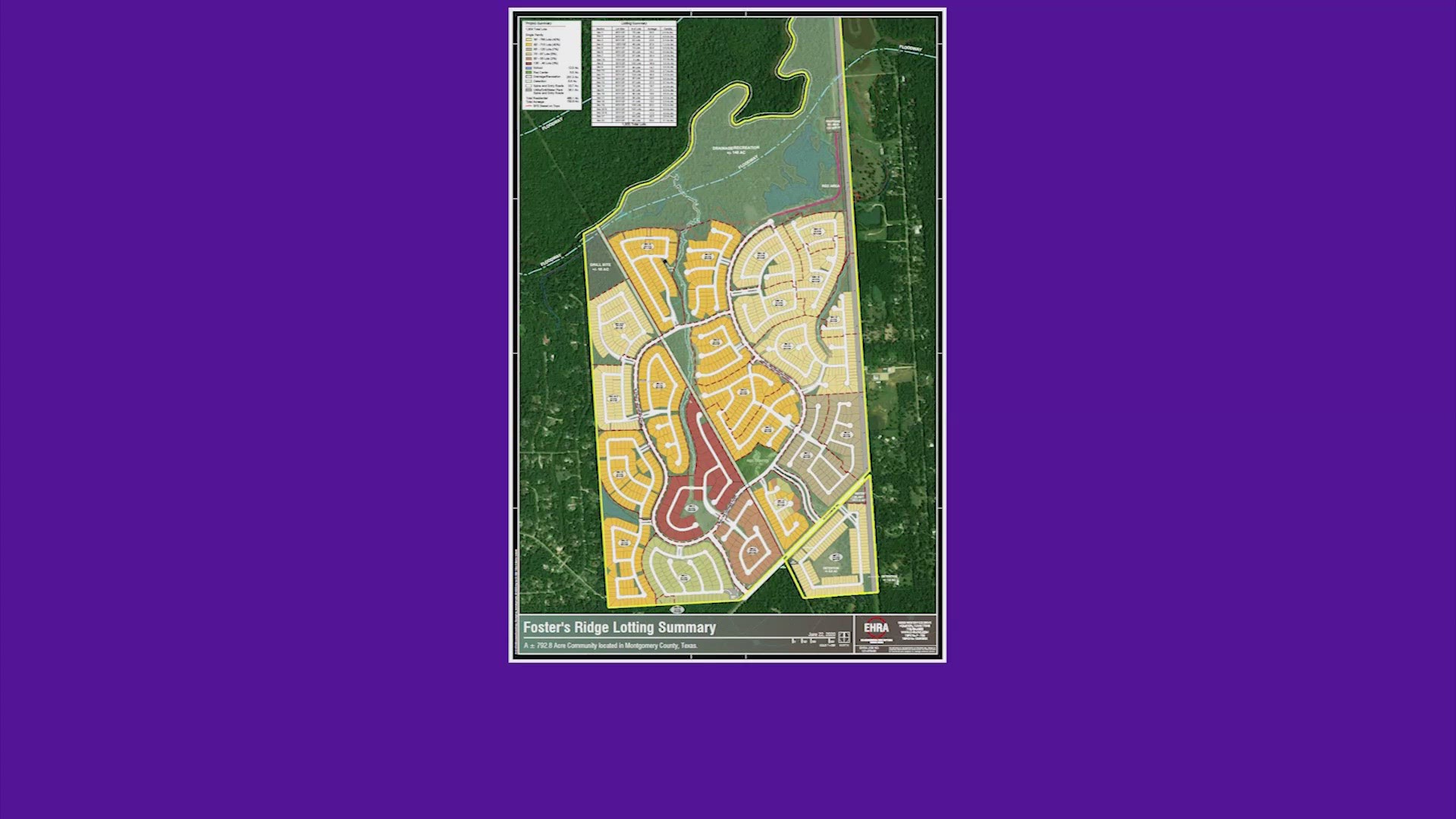HOUSTON — A power outage Tuesday prompted a boil water notice in Montgomery County MUD 139.
The Texas Commission on Environmental Quality requires all residents in the area to boil their water before they use it for washing hands/face, brushing teeth, drinking, or any other consumption.
To make sure all harmful bacteria and microbes are killed, drinking water, and water for cooking making ice should be boiled and cooled before use The water should be brought to a vigorous rolling boil and then boiled for two minutes, the TCEQ said.
Bottled water or water from another clean source can also be used.
Customers will be notified when it’s no longer required to boil the water.
If you have questions concerning the notice, you can contact TNG Utility at 281-350-0895.
What to do during a boil water notice
Specifics of a boil water advisory might be given by different communities, but below are verbatim standard recommendations from the Centers for Disease Control.
- Use bottled or boiled water for drinking, preparing and cooking, brushing teeth and making ice. This includes water for pets.
- If bottled water is not available, bring water to a full rolling boil for 1 minute, then allow it to cool before use.
- Boil tap water even if it is filtered.
- Do not use water from any appliance connected to your water line, such as ice and water from a refrigerator.
- Breastfeeding is the best infant feeding option. If you formula feed your child, provide ready-to-use formula, if available.
Handwashing
- In many situations, you can use tap water and soap to wash your hands. Follow the guidance from your local public health officials.
- Be sure to scrub your hands with soap and water for at least 20 seconds, and rinse them well under running water.
- If soap and water are not available, use an alcohol-based hand sanitizer that contains at least 60% alcohol.
Bathing and showering
- Be careful not to swallow any water when bathing or showering.
- Use caution when bathing babies and young children. Consider giving them a sponge bath to reduce the chance of them swallowing water.
Brushing teeth
- Brush teeth with boiled or bottled water. Do not use untreated tap water.
Washing dishes
- If possible, use disposable plates, cups, and utensils during a boil water advisory.
- Household dishwashers generally are safe to use if the water reaches a final rinse temperature of at least 150 degrees Fahrenheit (65.55°Celsius), or if the dishwater has a sanitizing cycle.
- Sterilize all baby bottles.
- To wash dishes by hand:
- Wash and rinse the dishes as you normally would using hot water.
- In a separate basin, add 1 teaspoon of unscented household liquid bleach for each gallon of warm water.
- Soak the rinsed dishes in the water for at least one minute.
- Let the dishes air dry completely before using again.
- To wash dishes by hand:
Laundry
- It is safe to wash clothes as usual.
Cleaning
- Use bottled water, boiled water, or water that has been disinfected with bleach pdf icon[PDF – 1 page] to clean washable toys and surfaces.
Caring for pets
- Pets can get sick by some of the same germs as people or spread germs to people. Provide bottled or boiled water after it has been cooled for pets to use.
- If bottled water is not available, bring water to a full rolling boil for 1 minute (at elevations above 6,500 feet, boil for 3 minutes), then allow it to cool before use.
- Boil tap water even if it is filtered.
- Do not use water from any appliance connected to your water line, such as ice and water from a refrigerator.
Caring for your garden and houseplants
- You can use tap water for household plants and gardens.

